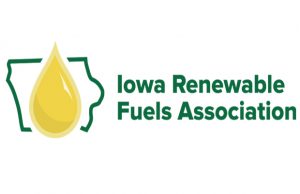 The Renewable Fuels Association this week submitted comments to Environment and Climate Change Canada (ECCC) expressing strong support for Canada’s Clean Fuel Regulations (CFR) and potential amendments to the program.
The Renewable Fuels Association this week submitted comments to Environment and Climate Change Canada (ECCC) expressing strong support for Canada’s Clean Fuel Regulations (CFR) and potential amendments to the program.
The comments respond to a December ECCC discussion paper that laid out potential targeted amendments meant to “strengthen the resiliency and support the development of Canada’s low-carbon fuel sector, while maintaining the Regulations’ primary focus on lowering GHG emissions and transitioning to a low-carbon economy.”
Specifically, RFA voiced its support for the potential addition of a CFR compliance credit “multiplier” for low-carbon fuels made in Canada as a means of harmonizing biofuel production incentives on both sides of the border.
Earlier this month, RFA president and CEO Geoff Cooper joined U.S. Grains & BioProducts Council (USGBC) Chairman Mark Wilson and USGBC President and CEO Ryan LeGrand on a trip to Ottawa, Canada for meetings with government officials and other leaders in the energy and transportation sectors.Delegation meetings included the ECCC, Canadian Fuels Association, and Canadian Energy Marketers Association President and CEO Jake Enwright. Conversations covered the human and environmental benefits of ethanol and biofuels’ role in uplifting producers and the broader agricultural community. The group also met with Natural Resources Canada and Global Trade Canada to discuss the proposed changes to Canada’s clean fuels regulation and reinforce the benefits of strong trade relations between the countries.












